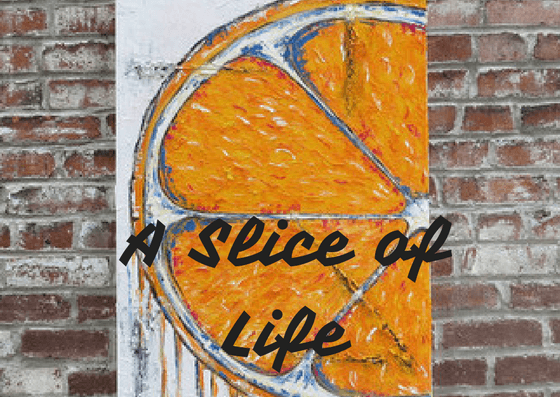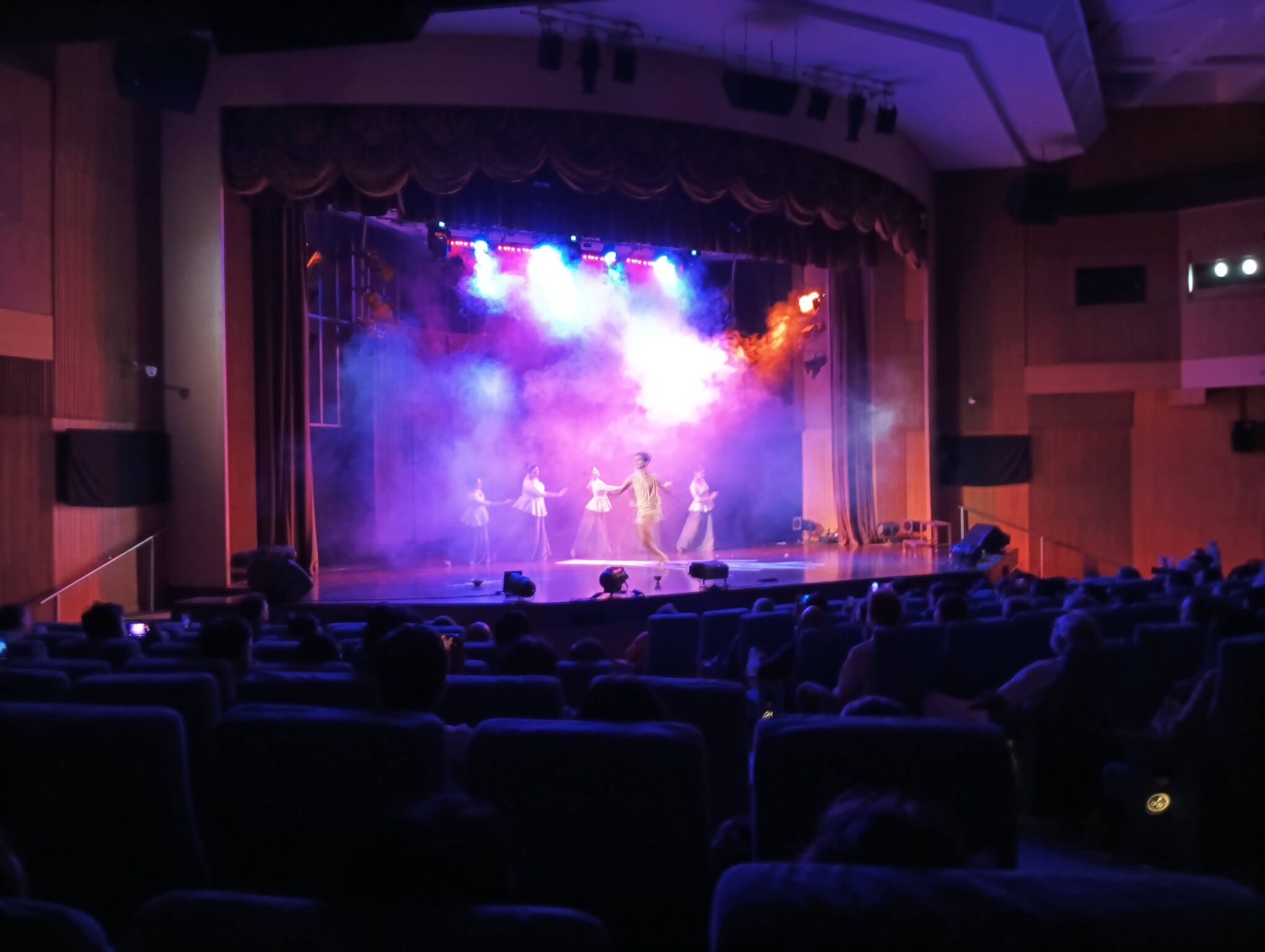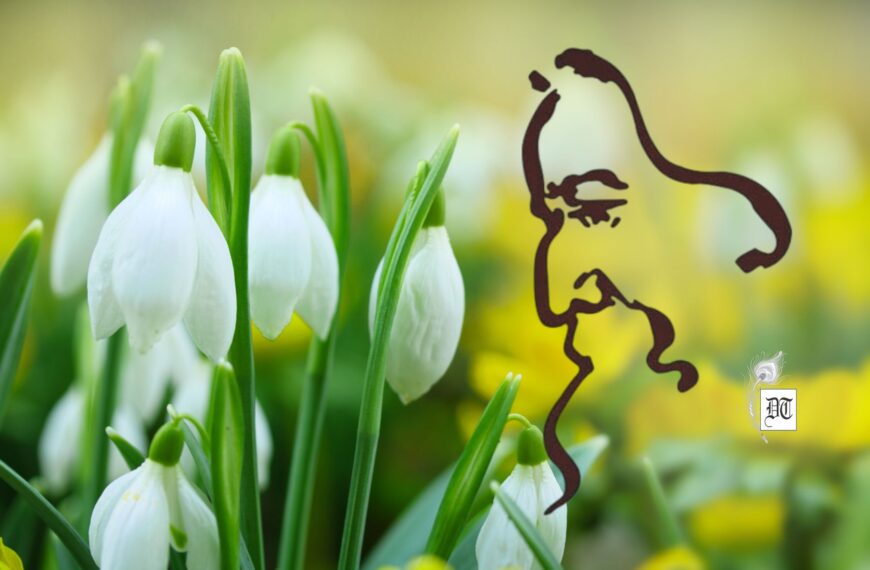Ruchira reviews “Echoes of Narcissus,” an audiovisual dance drama combining Kathak, ballet, and more, exploring the classic Greek myth, exclusively for Different Truths.

I grew up reading the legends and mythological tales from Greece and Rome, which impressed me greatly besides setting my imagination on fire. Pandora’s Box, Pegasus the winged horse, the Titan Atlas, who bore the world on his shoulder, or the deadly Medusa, whose hair comprised hissing serpents, have, down the centuries, become a vital part of the English lexicon. I still treasure the nearly tattered book of Greco-Roman tales my dad bought me from a pavement book market many decades ago.
When I heard of the upcoming audiovisual/ dance drama titled “Echoes of Narcissus” revolving around the poignant tale of the fabled mythological characters, I determined to attend the event. The venue (most appropriately) was the posh India Habitat Centre on Lodhi Road, New Delhi. The Ballet mentioned above was produced by Delhi-based Nirvana Arts Foundation. The Foundation offers high-quality lessons and training in Kathak, and creative choreography, besides Bollywood and modern dance styles.
For the uninitiated, Echo, a nymph, incurred the wrath of Juno (aka Hera). The loquacious Echo had kept Juno engaged in endless conversation mingled with flattery, while her spouse Jupiter (aka Zeus), the king of the gods, sowed his wild oats. Upon discovering her husband’s infidelity, Juno withdrew Echo’s gift of gab, adding that the latter would be able to merely repeat the last words of other people when she heard them. The hapless Echo prayed to Venus (aka Aphrodite), goddess of love, beauty, and youth, to grant her death. The deity granted Echo’s wish, but she liked Echo’s voice so much she kept it alive. Ultimately, Echo retreated to where mortals could hear her ever were the hills, valleys, and mountains. after.
A nymph named Liriope bore an exquisitely beautiful boy Narcissus – the result of a brutal union between herself and the river god Cephissus. Later a blind soothsayer Tiresius prophesied that the infant would live a long life only if he never “came to know himself.” The anxious mother ensured he never saw his face.
Years later, the 16-year-old Narcissus got lost in the woods while hunting with friends. At this juncture, Echo saw and fell in love with Narcissus. Though she was voiceless, she followed him everywhere. When Narcissus called out, “Is anyone here?” Echo answered, “Here, here, here.” Narcissus then asked Echo to show herself. Echo appeared and confessed her love. Unfortunately, an irate Narcissus rebuffed Echo’s amorous advances.
Meanwhile, a young man, Ameinias, who was enchanted by Narcissus’ beauty, which was also spurned, appealed to Nemesis, the goddess of revenge. Nemesis cursed Narcissus, saying that he would never be loved by anyone he fell in love with.
His ramblings made Narcissus thirsty. He located a pool of water and as he leaned forward to drink, he saw his reflection in the water. Not realising it was his image he fell madly in love with it. For days together he pined and yearned for his ‘love’. Eventually, as his emotions were thwarted, his mortal frame shrank and wilted away; soon, a lovely gold and immaculately white flower took his place by the side of the pool.
Coming back to the presentation, its basic concept was rather interesting: an amalgamation of various dance forms: Kathak, Bharatnatyam, classical ballet, with a smattering of theater, and Butoh, a dance form that emerged and grew popular in post-World War II Japan.
Adopting a neutral, unbiased tone, I must admit it was well-crafted and superbly executed. The opening scene for instance virtually transported the viewers to the idyllic, pristine surroundings of ancient Greece. The lighting and set design were highly commendable. Likewise, the costume design, style and silhouettes deserve special mention. In terms of music, it was refreshing to witness how ghazal, semi-classical, and Baul, not forgetting Tagore’s lyrics were harmoniously blended. All credit goes to young and versatile Jaydeep Sinha whose flawless renditions had enthralled me on an earlier occasion too.
Last but most important, the eight-member dancers’ team (six of them women) did full justice to their roles. Sudip and Ambali Praharaj gave a stellar performance as Narcissus and his doting mother, respectively.
On a personal note, Sudip’s rendition has a certain elfin quality. It afforded me pleasure to see his lanky physique glide smoothly and effortlessly across the stage, immersing itself in the spirit of dance with gay abandon. The drama reached its finale with the soulful yet melancholic “Pipasa hai nahi mitilo” (my longing for love remains unquenched). The elemental quality of life.
All said and done, the tale, in its dramatised form, reflects on the futility of ‘Man’s selfishness and obsession with himself; this leads to isolation and ultimately to disaster and death!
Photo sourced by the author






 By
By
 By
By

 By
By